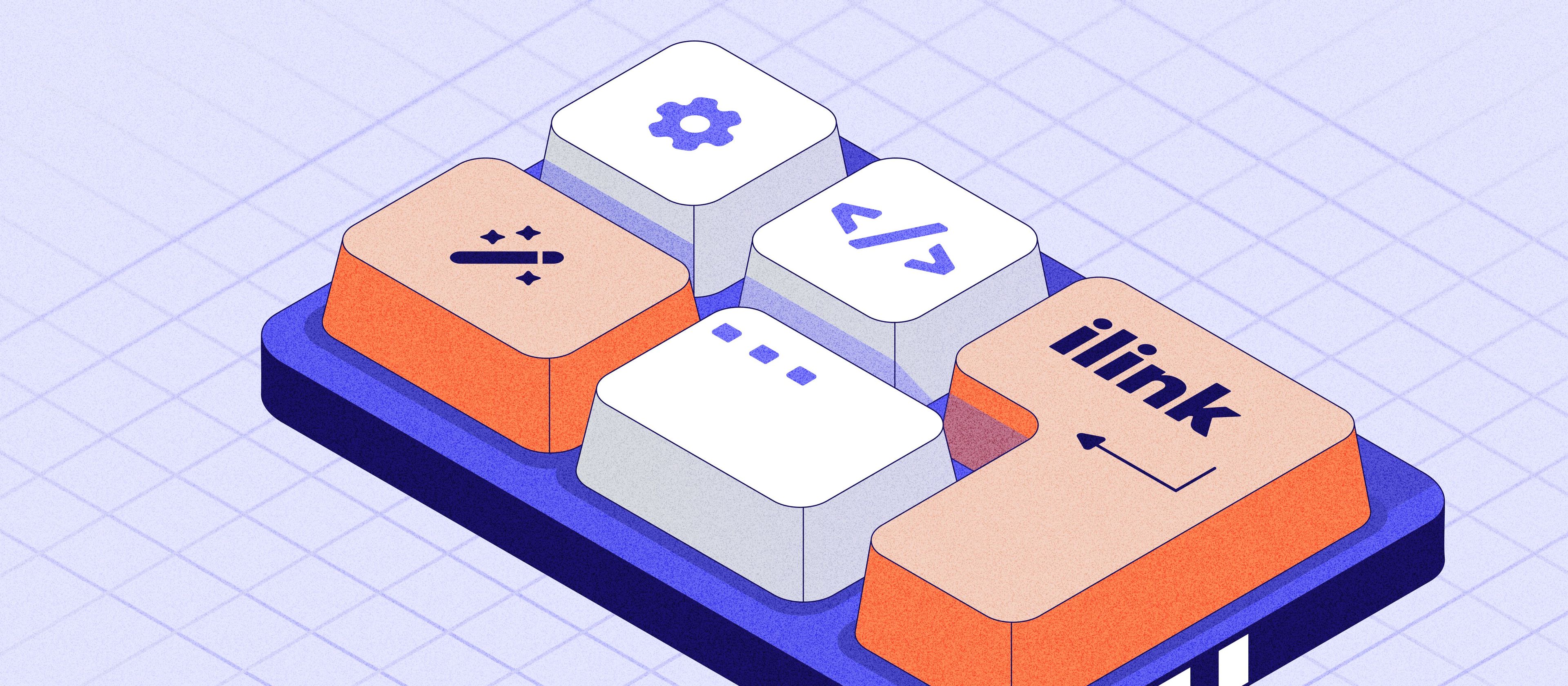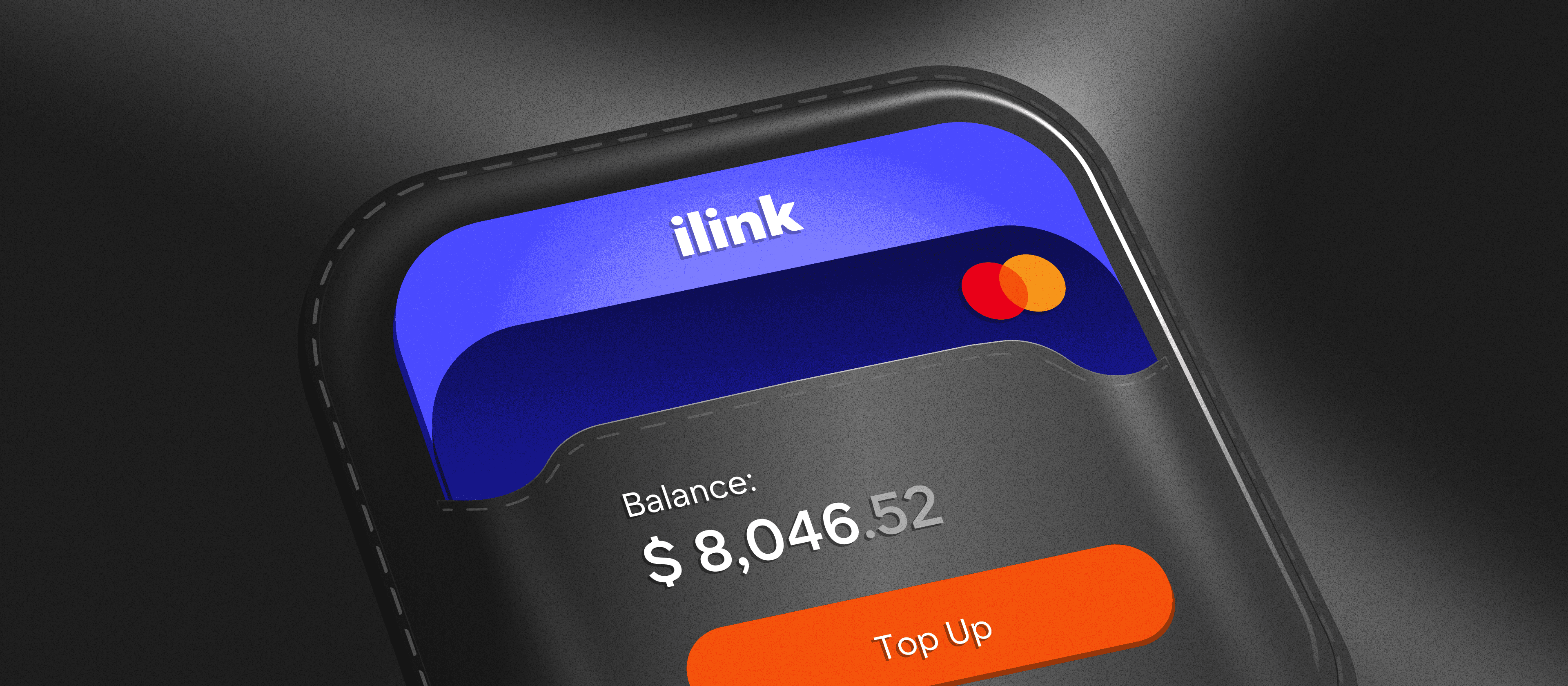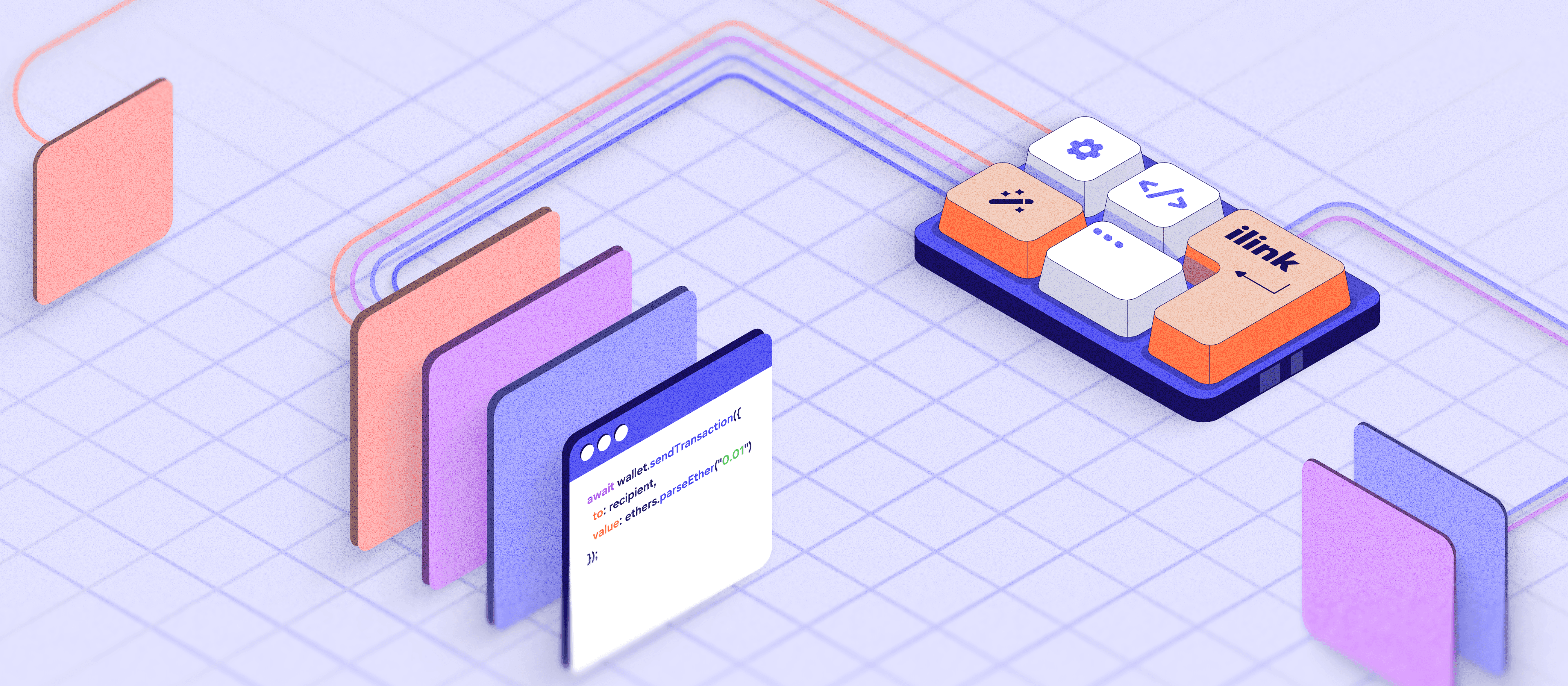Software Development Team Roles: Key Positions and Responsibilities in the Development Process
Introduction
Building a successful software development team is critical to the success of any tech-driven project. Whether you're creating a mobile app, a web platform, or enterprise software, having the right mix of roles within your team ensures that the project is delivered on time, on budget, and to the highest quality standards.
In this article, we will explore the key software development team roles, the responsibilities of each position, and how they contribute to the overall success of a project. Understanding these roles will help you structure an effective development team and drive the success of your software projects.
Project Manager (PM)
Role Overview
The Project Manager (PM) is the key person responsible for overseeing the entire software development process. They manage timelines, ensure the team stays on track, and communicate with both stakeholders and developers to guarantee the project’s success.
Key Responsibilities
- Define project scope, objectives, and deadlines;
- Manage team resources and ensure that tasks are completed on time;
- Communicate with stakeholders, including clients and upper management;
- Identify potential risks and manage project scope creep;
- Ensure the software project aligns with business goals.
Skills Required
Leadership, project management software (e.g., Jira, Asana), excellent communication, and problem-solving.
Frontend Developer
Role Overview
The Frontend Developer is responsible for developing the client-side part of the application. They work on everything the user interacts with, from designing the layout to ensuring a seamless user experience.
Key Responsibilities
- Build and maintain the user interface using HTML, CSS, and JavaScript;
- Ensure responsiveness and mobile optimization for all devices;
- Implement design ideas and wireframes provided by UI/UX designers;
- Optimize the frontend for performance and speed.
Skills Required
HTML/CSS, JavaScript, React, Angular, Vue.js, and responsive design principles.
Backend Developer
Role Overview
The Backend Developer handles the server-side aspects of the application, including databases, APIs, and logic that drives the client-side application. They ensure that everything behind the scenes works as expected.
Key Responsibilities
- Develop and maintain server-side logic, APIs, and database management;
- Manage data storage and interactions with external services;
- Optimize server-side performance for speed and scalability;
- Ensure secure data transactions and integrate with the frontend components.
Skills Required
Node.js, Ruby on Rails, Java, Python (Django), SQL/NoSQL databases, RESTful API development.
Full Stack Developer
Role Overview
The Full Stack Developer is versatile and skilled in both frontend and backend development. They can handle all aspects of development, ensuring seamless integration between the client and server-side components.
Key Responsibilities
- Handle both frontend and backend tasks;
- Bridge the gap between frontend user interfaces and backend servers;
- Troubleshoot and optimize the application across the full stack;
- Ensure a smooth and functional user experience.
Skills Required
React, Node.js, Express, MongoDB, RESTful APIs, SQL, and JavaScript.
Quality Assurance (QA) Tester
Role Overview
The QA Tester ensures that the software is free of bugs and meets quality standards before it’s released. They identify defects and ensure that the product performs as expected.
Key Responsibilities
- Develop test cases and execute both manual and automated tests;
- Identify and report bugs to developers and follow up on resolutions;
- Conduct performance, security, and regression testing;
- Ensure the product meets the required quality standards.
Skills Required
Knowledge of testing frameworks like Selenium, JUnit, and Cucumber, analytical skills, and attention to detail.
UI/UX Designer
Role Overview
The UI/UX Designer is responsible for designing the look and feel of the software. They focus on creating intuitive and visually appealing user interfaces and ensuring a positive user experience.
Key Responsibilities
- Design user interfaces and create interactive prototypes;
- Conduct user research and usability testing;
- Ensure the software is user-friendly and meets the expectations of end-users;
- Collaborate with frontend developers to implement designs.
Skills Required
Sketch, Figma, Adobe XD, Wireframing, Prototyping, and user research.
DevOps Engineer
Role Overview
The DevOps Engineer manages the infrastructure, automates the deployment process, and ensures that the development and operations teams work together effectively.
Key Responsibilities
- Automate and streamline CI/CD pipelines for continuous integration and delivery;
- Monitor system performance, resolve issues, and optimize infrastructure;
- Ensure smooth deployment and scaling of the application;
- Collaborate with developers to improve the development lifecycle.
Skills Required
Docker, Kubernetes, Jenkins, AWS, Azure, and DevOps tools.
Contact ilink - our skilled developers, designers, and project managers can help you create custom software solutions that meet your business needs. Let’s bring your project to life with a dedicated team that delivers results!
Security Expert
Role Overview
The Security Expert ensures that the application is secure and complies with industry standards. They protect the application from vulnerabilities and manage potential security threats.
Key Responsibilities
- Perform security audits and vulnerability assessments;
- Implement encryption, authentication, and authorization mechanisms;
- Keep up to date with security trends and apply necessary patches;
- Ensure the software complies with relevant regulations (e.g., GDPR, OWASP).
Skills Required
Penetration testing, network security, cryptography, security protocols.
Product Owner
Role Overview
The Product Owner is the voice of the customer and business stakeholders. They define the product vision and ensure that the software meets the market’s needs.
Key Responsibilities
- Define product vision, strategy, and roadmap;
- Prioritize features based on business value and customer feedback;
- Act as a liaison between stakeholders and the development team;
- Regularly review the product and adapt based on market changes.
Skills Required
Business analysis, customer-centric thinking, and strong communication skills.
Scrum Master
Role Overview
The Scrum Master ensures that the Agile process is followed and helps the team adhere to Scrum practices. They facilitate communication and remove any blockers during development.
Key Responsibilities
- Facilitate daily stand-ups, sprint planning, and retrospectives;
- Remove obstacles and help the team stay focused on sprint goals;
- Ensure Agile best practices are followed and continuously improved;
- Promote collaboration and communication within the team.
Skills Required
Scrum knowledge, facilitation, conflict resolution, leadership.
A successful software development team relies on the expertise and collaboration of various roles. From Project Managers ensuring the project stays on track, to Quality Assurance Testers ensuring high-quality software, each software development team role plays a pivotal part in achieving the end goal. By understanding and aligning these roles, you can build a team that works together efficiently to deliver high-quality software solutions.
Comments (0)
Latest Posts
Crypto payment processing in 2026: accept stablecoins/crypto, track confirmations, manage wallets, run payouts, and automate reporting, plus ilink’s ready-made platform.
Launch crypto & stablecoin payments fast: learn how crypto processing works end-to-end, where it’s used this year, and how deploy a secure platform in 2 weeks.
Do You Have Any Questions?
Leave your details - we will contact you to answer all your questions




